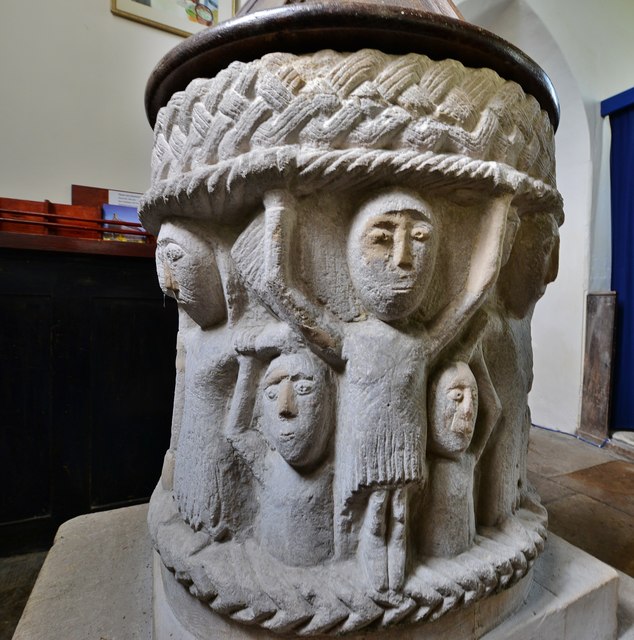Neal Pollard
Reader’s Digest tells the story of Walter Wyatt, Jr., an amateur pilot whose plane goes down in the Atlantic between the Bahamas and Miami, Florida. He’s in the deep all night, fighting off bull sharks and feeling he will not survive. He does live and a ship, the Cape York, rescues him after sunrise the next day. He wearily climbs on board and kisses the deck. He is saved, but he needed outside help to save him from the depths and from certain death.
So it was with us. As the song suggests, we were sinking deep in sin and far from the peaceful shore. Jesus lifted us, and He did so through Calvary. Yet, He saved us from a fate infinitely worse than death by a physical predator. Each Lord’s Day, we have the opportunity to remember this as well as He who rescued us. As Paul once said, “Indeed, in our hearts we felt the sentence of death” (2 Corinthians 1:9). In Hebrews two, we consider three important truths about the Man who saved us from death.
First, He is over us (Hebrews 2:1-10). He is our Lord and Master. He is over us by right of accountability (1-3). In other words, we are reminded that each of us are accountable to Him. We cannot escape if we neglect so great a salvation! He is also over us by right of approval (4), namely God’s approval (cf. Matthew 17:5). During His ministry, Jesus demonstrated His power to prove His identity (cf. Acts 2:22-24). Further, He is over us by right of authority (5-8). We read, “For in subjecting all things to him, He left nothing that is not subject to him.” Then, He is over us by right of arrangement (10). He is our Creator. He made us. He knows us. Finally, He is over us by right of affliction. By virtue of His passion, Christ has compassion. For all these reasons, we see Jesus as One who is on a par with none. Before He was in a manger or up on a cross, He was in the beginning with God and as God (cf. John 1:2).
Second, He is like us (Hebrews 2:11-14). No matter how much we like or dislike a king or president, we may feel like he or she is unreal or unlike us. We cannot relate to their lives, and we are certain they can relate to ours. Yet, Jesus, though King of kings, is a Savior who is like us. We are of the same family, the human family (11). He associates Himself with us (11-12). Then, He shared in our humanity to the fullest, to the point of experiencing death for us (14). Nobody can rightfully say to God, “You don’t know what it is like! You don’t understand!” He is fully divine and became fully human, making Him uniquely able to relate to both the Father and humanity.
Finally, He is for us (Hebrews 2:15-18). The last few verses serve as final pieces of evidence proving how Jesus is on our side. He has done His part to take the fear out of death (15; cf. 1 Corinthians 15:19-20). Of all created beings, He gives His aid to us (16). He longs to be our High Priest (17). He wants to help us when we are tempted (18). Of all the Great Cloud of witnesses (Hebrews 12:1), who do you think is leading the cheers for those of us trying to make our way through this world and up to heaven?
A decade ago, I said a sentimental goodbye to the “Black Bullet,” my 1985 Chevy Custom Deluxe pickup which I traded in on a “new” 1992 Dodge Dakota. I had to go to the DMV and transfer my tag and title. They did not charge much for vanity plates, so I chose “PRCHNG1.” This seemed clear enough to me. As I picked up a number at the front counter, I had my tags in hand and the receptionist saw them. She said, “Oh, I’ve always wanted to try that. I bet that’s so fun. Is it scary?” I was confused. She said, “Your tags. How long have you been parachuting?” PRCHNG1 stands for “Preaching One.” I thought it was clear, but apparently my fellow motorists had been concluding that I was in some airborne division or maybe purchased hand guns. This dear lady misunderstood me, my work, and my interests.
Let us not make that mistake with the Savior we pause to commemorate each Sunday. He is over us—He’s our King! He is like us—He’s our brother! He is for us—He’s our friend!
























